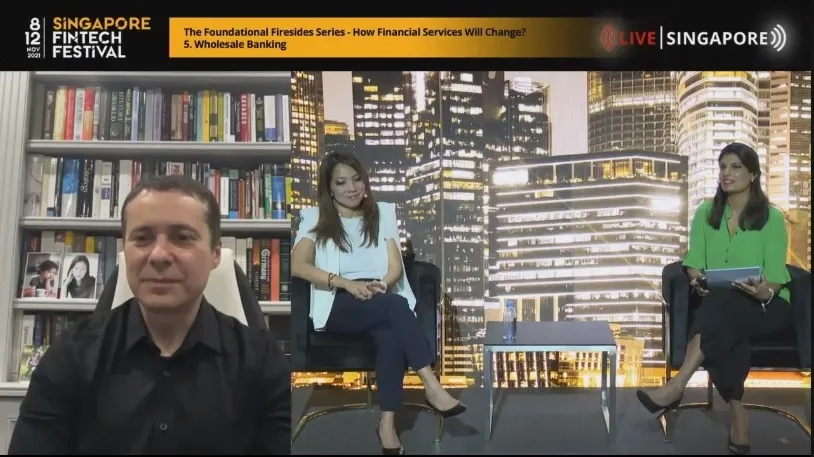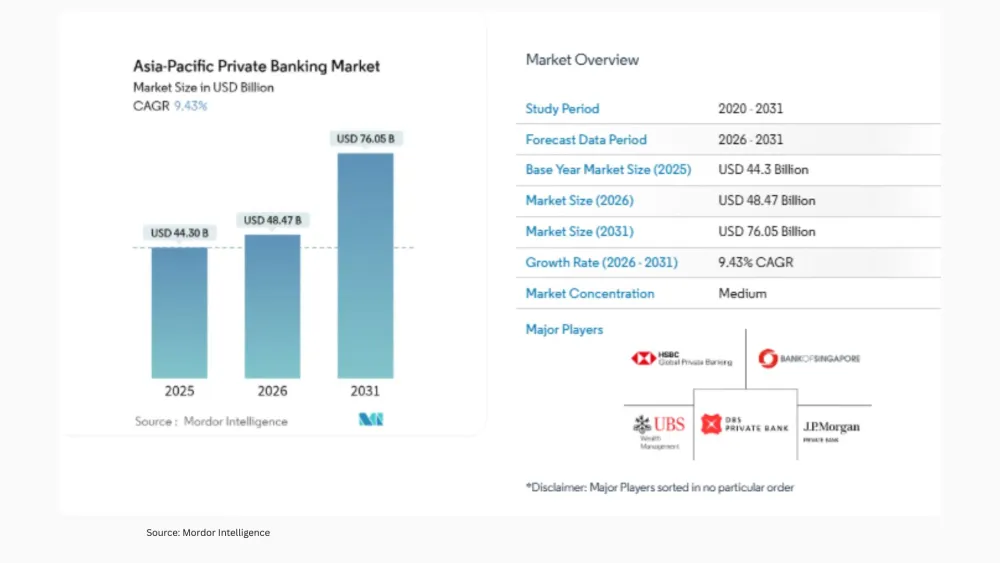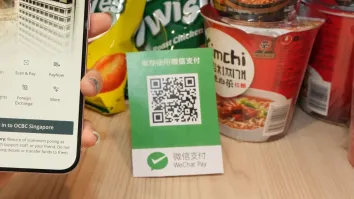
Regulation, late digitisation challenge Web 3.0 adoption in wholesale banking
Web 3.0 is taking over, but many businesses have yet to move past Web 1.5.
In the near future, consumer payments are going to be 24/7, are going to be invisible to consumers, and are going to happen at virtually zero cost.
But before achieving the financial nirvana promised by the adoption of blockchain systems, artificial intelligence, machine learning, and the whole Web 3.0 lineup, many banks and institutions are hindered with the need to wait for the rest of the business world to finish making their baby steps in digitising their services.
“I would say 80% of our wholesale clients, the global multinational firms, are still somewhere around Web 1.5,” observed Panagiostis Georgakopoulos, head of wholesale payments, JPMorgan Chase, speaking about how Web 3.0 will change the wholesale banking industry held at the Singapore Fintech Festival 2021.
This is a reality that really dawned for JP Morgan & Chase once COVID-19 set in. “They entered COVID with not very robust supply chains,” Georgakopolos told attendees of a panel discussion livestreamed on 8 November. “They need to solve much more basic issues first, which is, how do I connect to my suppliers? How do I finance my suppliers? How [do] I digitise my payment flows, how I [do I] digitise my treasury function, and so on before they can think about anything else.”
And whilst they do have clients already looking at blockchain solutions, they are in the minority, he added. “A lot of our clients still have a long way to go.”
But the biggest issue is not really on technology, which he noted has reached a level of maturity. Most of the challenges for the wholesale banking industry on adopting Web 3.0 tools have to do with questions on regulation and compliance.
For example, one of the biggest use cases being explored in applying Web 3.0 for wholesale banking is applying it to solve trade finance and supply chains. But a big issue lies in the fact that governments still rely on paper when it comes to trade.
Tan Su Shan, head of institutional banking, DBS said that governments and different legal systems need to be convinced that EBLs or electronic bills of lading are okay, that trade documents can be digitised and put on the blockchain and that by doing so they are immutable, transparent, and trustworthy.
“If you can do that, for trade, that solves a lot of problems. That solves problems around fraud, around potentially long trade finance turnaround time. And I think it's a great use case for international trade,” she added.
JP Morgan Chase’s Georgakopoulos also named the different compliance rules per market as another challenge. For example, JP Morgan Chase moves nine and a half-trillion dollars every day in over 100 countries, and they, of course, face having to comply with the rules set by each country.
“The conversations we have with our regulators is, number one, we need more clarity around the rules. And then second, we need more simplicity around the rules. Because the rules as they exist today, they create a huge inefficiency in the system. And the more they're simplified, the more we can eliminate that inefficiency,” he said.
In five years, both DBS’ Tan and JP Morgan’s Georgakopoulos expect Web 3.0 to make payments easier in the wholesale banking space.
“So five years out, I do believe the blockchain will enable a lot of cross-border payments today,” Tan said, noting that by then payments will no longer be encumbered by holiday breaks or weekends. Blockchain will also help eliminate high friction costs, she added.
Meanwhile, Georgakopoulos believes that government regulations will change little during the next half-decade, if at all.
“So expect a lot of the same controls, especially around wholesale interbank and larger scale payments, to look not too dissimilar to today. They may be blockchain-based, but the governments are going to continue to put all of the controls that they have around them,” he remarked as the panel came to a close.



















 Advertise
Advertise











